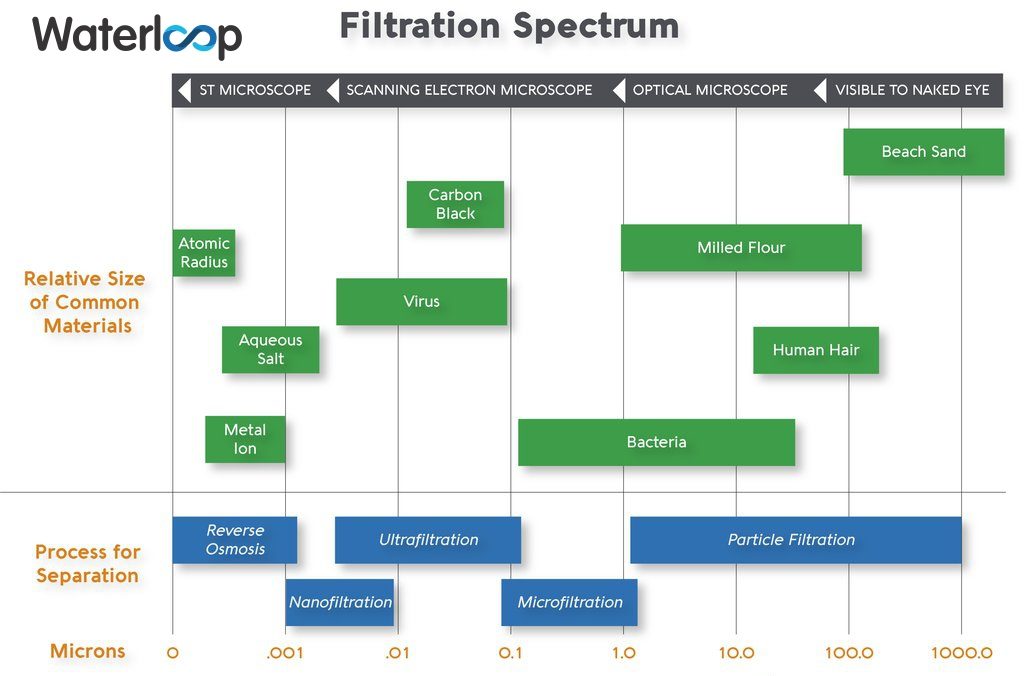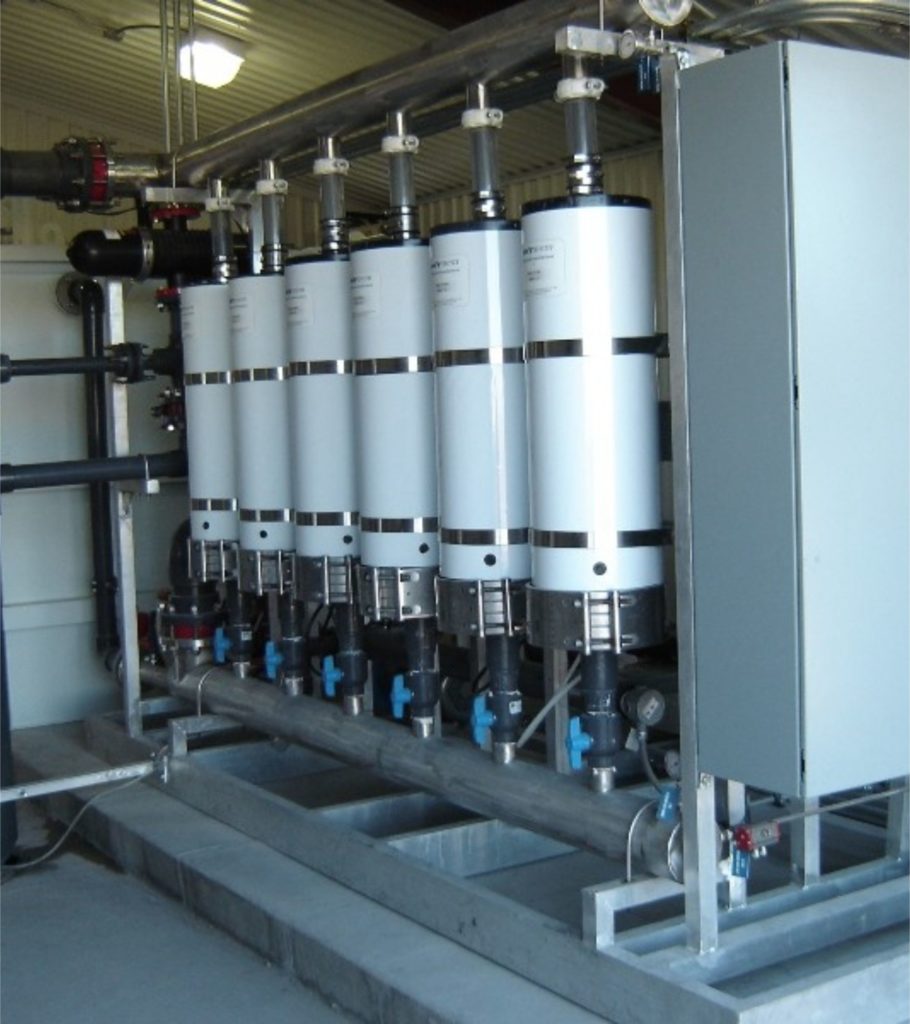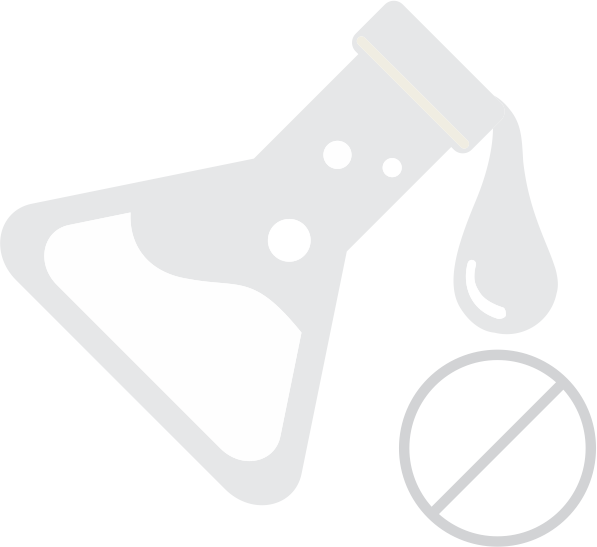Ultra Filtration

If You Want To Take Your Treated Water To
Next Level
When water recycling is simple, it often needs very little processing. However, when more intensive processing is required, the industry standard procedures include using UF, which is meant to remove physical solids from water by passing it through a semi-permeable membrane. Using ultra filtration, solids are primarily captured by the filter and discarded.
Recycled water can also be used for a number of industrial purposes, including boiler or cooling tower feed water supplementation, pH adjustment, washing equipment, hardstands and vehicles, fire protection, process rinse water or processing water for production lines in manufacturing industries, toilet flushing, dust control, construction activities, and concrete mixing.

ULTRA-FILTERATION OVER CONVENTIONAL FILTERS
In the conventional filter (cartridge filter or media filter), suspended solids are removed by trapping them into the filter media. Since the filters act as depository of solids, they are required to clean regularly to maintain high levels of efficiency. After wear and tear, they need to be replaced.
Typically, conventional filters are used to remove large particles (physical impurities) before they are passed to membrane filters. It increases the efficiency of the membrane filter as it is required to remove finer particles and dissolved substances only.
In ultrafiltration pre-filtration process by putting conventional filter is not used. The membrane filter has to perform the task of filtering all emulsified as well as suspended particles.
Ultrafiltration processes are preferred over traditional treatment methods for the following reasons:

No chemicals required (aside from cleaning)

Constant product quality regardless of feed quality

Compact plant size

